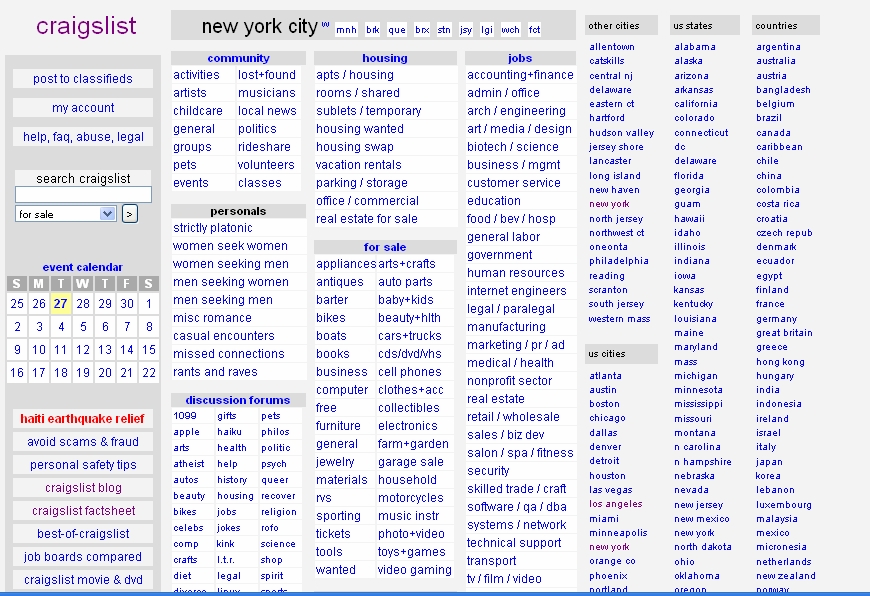Craigslust Austin Unpacking the Search
Craigslust Austin: The seemingly innocuous search term hides a complex web of potential meanings and user intentions. Is it a misspelling? A niche online community? Or something more sinister? This investigation delves into the various interpretations of this query, exploring the user needs and online landscapes it reveals.
Investigate the pros of accepting toca boca secrets crumpetsmcoc best champs to r4 in your business strategies.
We examine the related search terms, potential platforms where this phrase might appear, and the diverse motivations behind those who enter it into a search engine.
Understanding the intent behind “Craigslust Austin” requires analyzing the context of the search. Are users looking for specific individuals, services, or information related to a particular event or location? By examining related searches and user demographics, we can better understand the motivations and needs driving these inquiries, shedding light on the potential implications of this unusual search term.
Understanding the Search Term “Craigslust Austin”
The search term “Craigslust Austin” is a colloquialism, likely a blend of “Craigslist” and “Austin,” referencing the online classifieds platform Craigslist and the city of Austin, Texas. Understanding this term requires analyzing its potential interpretations and the user’s intent behind the search.
Potential Meanings and Interpretations of “Craigslust Austin”
The term suggests a user is looking for something related to Craigslist within the Austin, Texas area. It could be interpreted as a shorthand way to search for Austin-specific listings on Craigslist or a playful, informal way to refer to the classifieds available in Austin.
User Intent Behind the Search
The user’s intent is likely to find goods, services, or information available through Craigslist listings in Austin. This could range from finding apartments for rent, used cars, job postings, or even community events.
Scenarios Leading to This Search Query
Several scenarios could lead a user to search for “Craigslust Austin.” The following table Artikels some possibilities:
| Scenario | User Intent | Potential Implications |
|---|---|---|
| Finding an apartment in Austin | Locate affordable housing options | User might browse rental listings, compare prices, and contact landlords. |
| Selling a used car | Reach a local audience to sell a vehicle quickly | User would post a listing with details and photos, manage inquiries, and negotiate a sale. |
| Looking for a part-time job | Find flexible work opportunities in Austin | User would review job postings, apply for suitable positions, and potentially attend interviews. |
| Searching for local events | Discover community events or gigs | User would browse event listings, check dates and times, and potentially purchase tickets. |
Exploring Related Search Terms and Topics
Users searching for “Craigslust Austin” might also use related terms or explore related topics to refine their search. Understanding these connections is crucial for comprehending the overall user need.
- “Austin Craigslist apartments”: A more precise search for rental listings.
- “Craigslist Austin jobs”: Focuses specifically on job opportunities.
- “Used cars Austin Craigslist”: Targets listings for used vehicles.
- “Craigslist Austin gigs”: Looks for freelance work or performance opportunities.
- “Austin classifieds”: A broader term encompassing various listings.
Analyzing Potential User Needs and Interests
Users searching “Craigslust Austin” demonstrate a need for accessing local classifieds in Austin. This contrasts with users searching nationwide Craigslist, who have broader geographic needs. Understanding the specific needs of this user group is key to providing relevant services or information.
User Persona: The Austin Craigslist Seeker
Let’s consider a typical user: Sarah, a 28-year-old recent college graduate moving to Austin for a new job. She’s budget-conscious and uses online platforms extensively. She’s interested in finding an affordable apartment, used furniture, and potentially a part-time gig to supplement her income. Her online behavior involves frequent searches on Craigslist and social media for local information.
Investigating Potential Online Resources and Platforms
Information related to “Craigslust Austin” is primarily found on Craigslist itself and potentially on related community forums or social media groups. Analyzing these platforms provides insights into the type of content users can access.
| Platform | Content Type | Potential Relevance |
|---|---|---|
| Craigslist Austin | Classified ads (housing, jobs, services, etc.) | Highly relevant; the primary source of information. |
| Facebook Groups (e.g., Austin Classifieds) | Community-based listings and discussions | Moderately relevant; provides alternative listings and local insights. |
| Nextdoor | Neighborhood-specific classifieds and discussions | Moderately relevant; useful for hyperlocal listings. |
| Reddit (r/Austin) | Discussions and threads related to Austin living | Low relevance; may contain occasional references to Craigslist listings. |
Visual Representation of Data: Craigslust Austin
Visual 1: Relationship Between “Craigslust Austin” and Related Terms
This visual is a mind map. At the center is “Craigslust Austin” (large, bold, blue circle). Radiating outwards are related terms (smaller, colored circles): “Apartments,” “Jobs,” “Cars,” “Services,” “Events” (each a different color). Lines connect the central term to each related term, illustrating the direct relationship. The thickness of the lines could represent search frequency.
Visual 2: Potential User Journey, Craigslust austin
This visual is a flowchart. It begins with “Search: Craigslust Austin” (a rectangle). Arrows lead to various actions: “Browse Apartments,” “View Job Postings,” “Check Car Listings,” “Contact Sellers.” Each action leads to potential outcomes: “Find Apartment,” “Apply for Job,” “Purchase Car,” “No Suitable Options.” The flowchart ends with “Satisfied” or “Continue Search,” showing a cyclical process.
The investigation into “Craigslust Austin” reveals a multifaceted puzzle with diverse interpretations and potential implications. While the term itself may appear ambiguous, a deeper analysis of related searches, user demographics, and online platforms reveals a range of potential user needs and interests. Understanding these nuances is crucial for businesses, law enforcement, and researchers alike who seek to navigate the complexities of online searches and user behavior.



